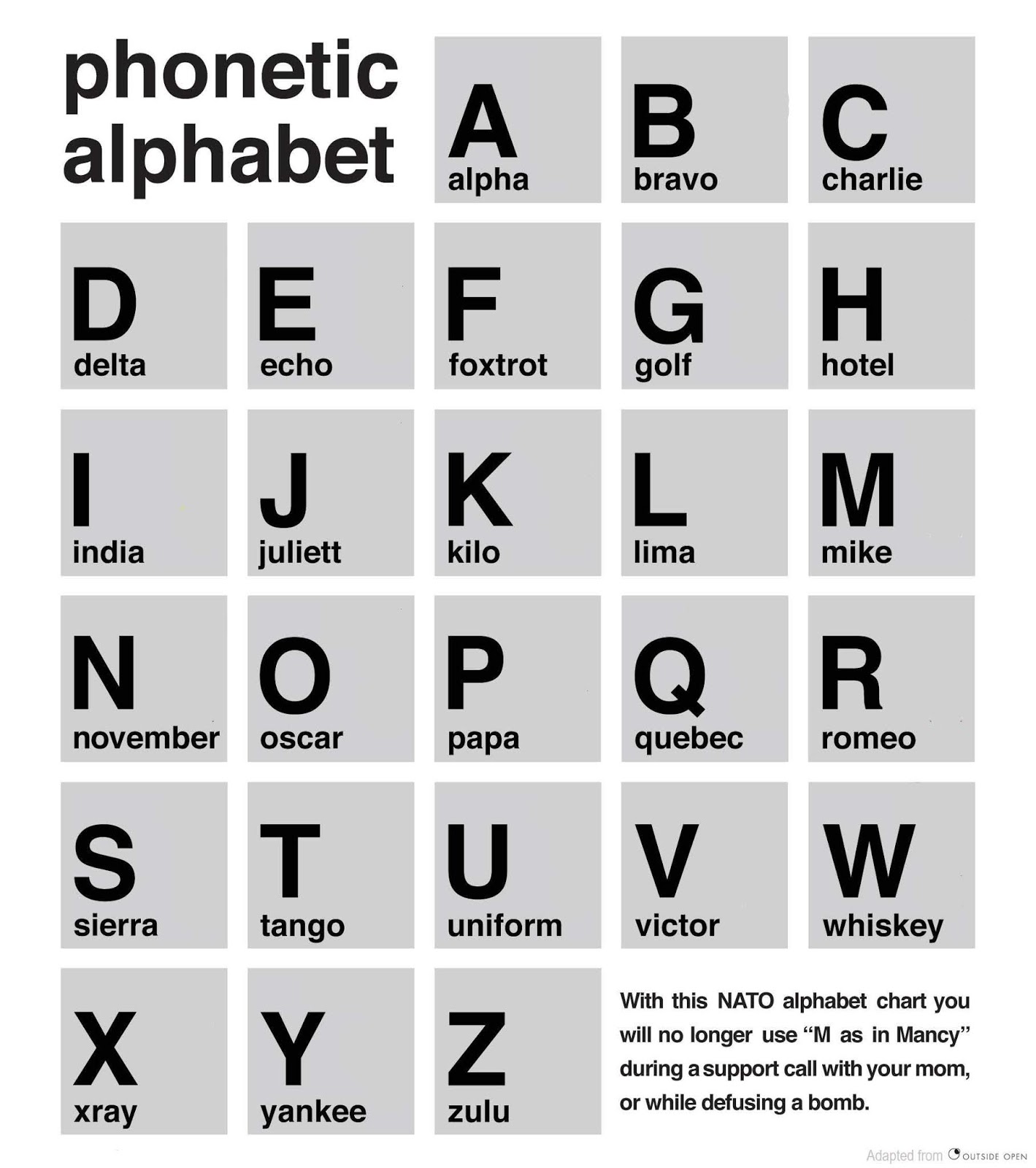

There have been numerous attempts to simplify spelling in English, with entire books devoted to proposed alphabet systems that would simplify not only one language, but apply universally to all.

In English, pronunciation follows rules that aren’t obvious at first glance. So that single letter ( T) does not correlate to only one pronunciation. Furthermore, there is a difference in how the th- sound can be pronounced, such as with this and thin. Pairing T with H creates a new sound: th-. The T takes on a new pronunciation. Well, we all know English is not that simple. When T is used to spell tiger, the letter T is assigned one sound. Phonetic spelling is a system of spelling in which each letter represents one spoken sound. In English, some words are pronounced exactly as they look. W for a quid (double you a quid - a pound - a gambling term)Īs I say, there are various versions of this.Spelling is how we put words together, but what is phonetic spelling? An alternate way to create words? Well, yes! What is phonetic spelling? P for relief (pee - urinate - for relief) Typically the alphabet would be spoken or written with dropped first-letters wherever appropriate, as in 'ay for 'orses.Ĭ for miles (see for miles, although 'Seaforth Highlanders', an old Sottish regiment, was an early popular alternative)ĭ for dumb (deaf or dumb - ironically a correct word for the letter D) The alphabet is based on a child-like alphabet (A for Apple, etc), replacing the correct words to form puns. Its origins are uncertain, most probably evolving organically in Cockney London in the late 1800s or early 1900s. Not used by any important global standards organisations.Īnd certainly not recommended for use in confirming spellings, letters or words - it only confuses people.Īgain there are different versions of this. It was originally developed by the International Civil Aviation Organization and subsequently adopted by NATO (North Atlantic Treaty Organisation) among other significant global and national bodies covering telecommunications, maritime, and aviation.įor amusement only.

The NATO alphabet above is the original and most widely used. I repeat that other versions of phonetic spelling alphabets exist. Used by communicators around the world to clarify letters and spellings. In less formal use, for example by customer service telephone staff, communications tend to give the letters and to clarify each with the corresponding alphabet words, for example, 'G, Golf T, Tango W, Whisky', or alternatively, 'GTW, Golf Tango Whisky.'
Phonetic spelling alphabet registration#
, used by used by linguists, speech therapists, and language teachers, etc.Ĭommonly when used professionally in relaying abbreviations or letter codes, such as registrations, for example by the police, military, other emergency services or in air traffic control, the letters themselves are not given and only the corresponding words are stated, for example a registration or call-sign of GTW would be stated at simply as 'Golf Tango Whisky'. Phonetic alphabet used to confirm pronunciation and word sounds The phonetic alphabet used for confirming spelling and words is quite different and far more complicated to the The NATO phonetic spelling alphabet is a useful reference for language and communications study and training.ĭifferent variations of the phonetic language exist - this is the original major standard and still most widely used.
Phonetic spelling alphabet professional#
The phonetic language - also known as the 'spelling alphabet' or the NATO phonetic alphabet - is used by professional communicators, especially police, military and other emergency and armed forces, to identify letters precisely, either when communicating initials, abbreviations or spellings of words.


 0 kommentar(er)
0 kommentar(er)
